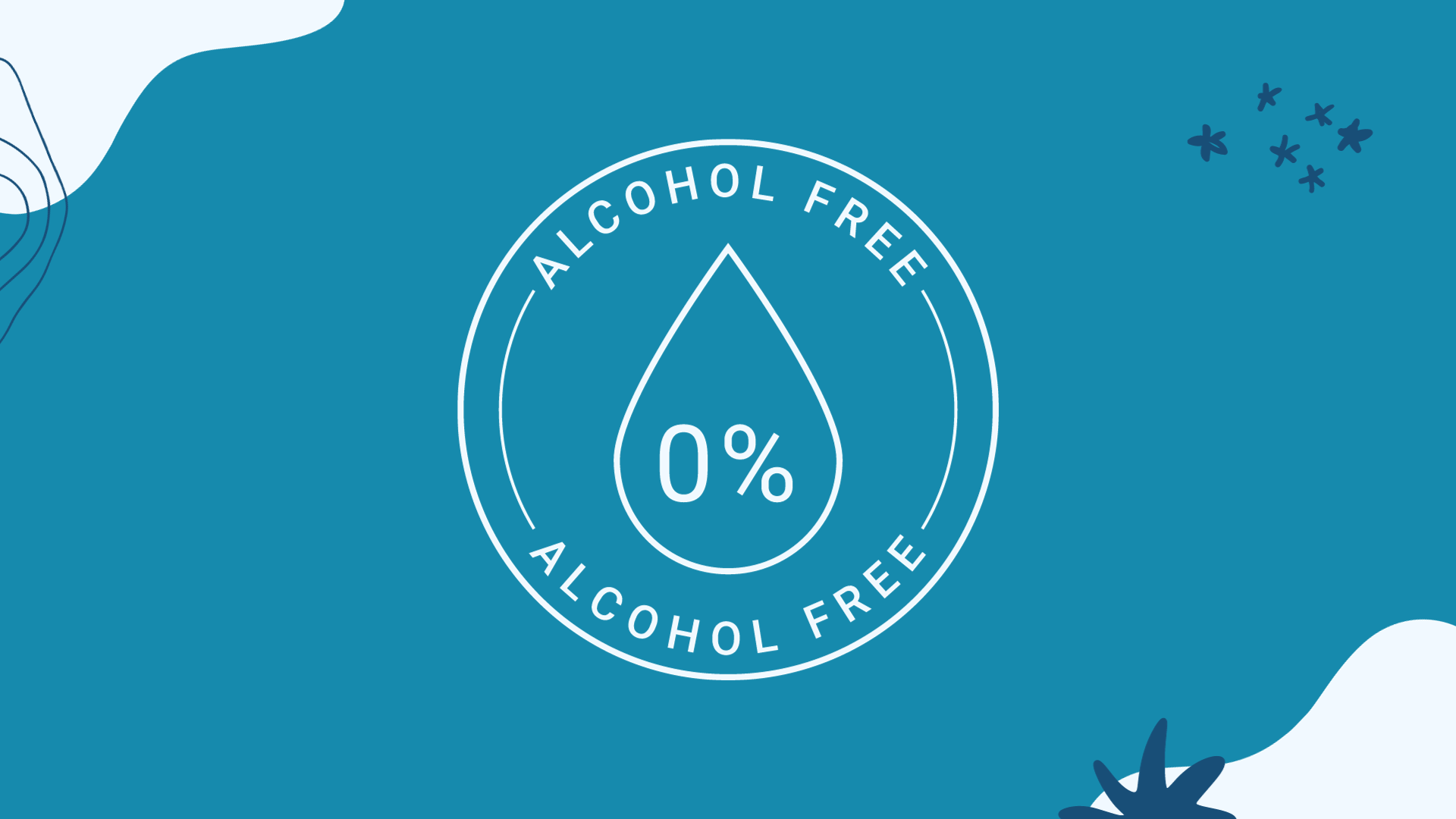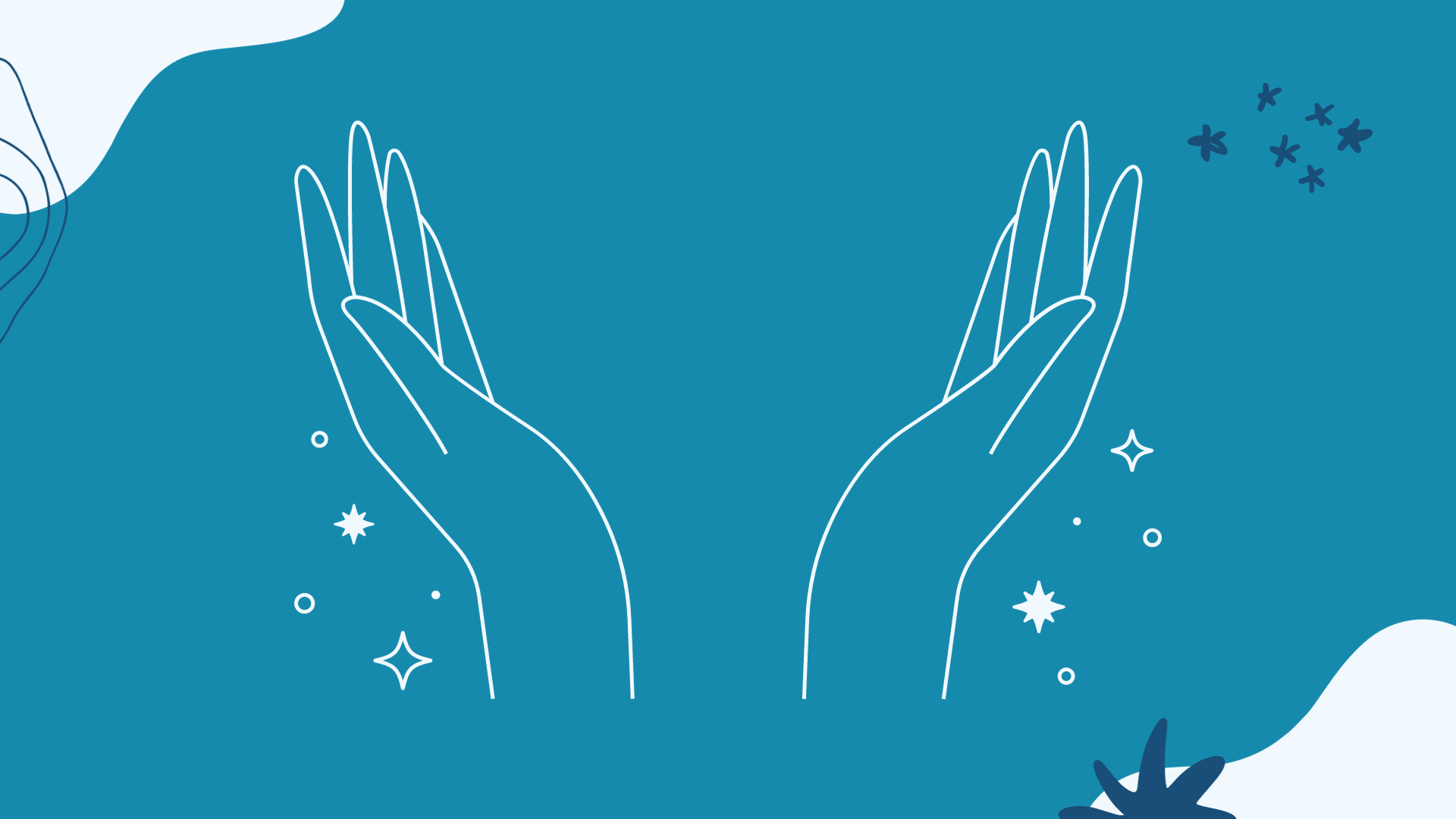How Our Thoughts Influence Our Feelings
Our bodies are miracles. But they aren’t “smart.”
It’s true! The connection between our thoughts and the way we feel has been extensively studied. You probably understand what flight or fight means. Simply put, our bodies have evolved to follow the instructions our deepest subconscious thoughts put out.
We may not be running from sabretooth tigers anymore (and experiencing the physical symptoms that would allow us to more easily flee from that danger), but have you ever had a stomachache before a big test? Did it go away after you got on the bus, sharpened your pencil, and sat through the exam? Have you ever thought the physical symptoms you experience when you are under stress are the manifestation of nerves and anxiety?
Try this experiment. Wherever you are right now, think of this word. Say it out loud to yourself if you’re in safe, private place:
LEMON
What happens when you read or even say that word? Does your mouth water? Maybe your lips pucker a bit. You may get the feeling of dread at the thought of tasting that lemon and feeling the bite of sourness in your mouth. If you love the flavor and taste, you might notice you’re craving lemon bars or candy!
Regardless of your specific response, what is important to notice is that your body did something just as a result of seeing or hearing that word.
Your body responded.
Not only one response though; an entire chain of events happened! From a single word.
The same type of chain reaction happens with all the thoughts you have, all day, every day. Every thought you have elicits a chemical reaction in your body. Your cells produce very specific chemicals according to the type of thoughts you have.
I you’re like me and you are not a fan of lemons, the thoughts are negative. That leads to the body producing chemicals that cause the nervous system to move into fight or flight. You may not want to get up and run away from a lemon, but I bet if you felt a sense of unease and discomfort, you’re not a fan of lemons.
But if lemons remind you of summer lemonade stands, your grandmother’s lemon bar cookies, or a favorite chewy candy, the thoughts you had in response to the word lemon were probably quite positive. As a result of those immediate positive reactions, your body produced chemical that the nervous system would interpret as safe, happy, or pleasurable. Those types of thoughts have been proven to promote health and healing.
Isn’t that powerful? A single word can set off a chain reaction that makes us feel safe and loved—or disgusted and uncomfortable.
Maybe now you can see why I feel so strongly about the messages we send ourselves. Every thought you have each day—both the intentional messages you spend time with as well as the unconscious messages—have a direct impact on how we feel.
Thoughts. Reactions. Emotions. Health.
See the loop that is created? Just imagine how easy it is for you, me, anyone at any age or stage of life, to get stuck someplace we don’t want to be. If you’re bogged down by worries, you don’t just think the fears; over time, your body and the functionality of your body will change as a result of those thoughts. Is it any wonder that addiction, disordered eating, hoarding—any number of unwanted behaviors—invade our lives?
The good news is there are ways to train your mind and, as a consequence, heal your body. Let’s look at some relevant research.
I’ve linked above to a 2013 article in Harvard Magazine. This article talks about the work being done by Dr. Ted Kaptchuk, Director of the Program of Placebo Studies at Beth Israel Deaconess Medical Center, a teaching hospital for Harvard Medical School.
The study charted the effects of prescription medicine vs. acupuncture for various chronic pain conditions. Two hundred and seventy participants were told they would be given either medication for their pain or they would undergo acupuncture. The enrolled participants were warned of possible side effects and then the study began.
Please read the full article above for details, but I’ll summarize this much for you: about a third of the 270 participants reported awful side effects—everything from swelling from the acupuncture needles to physical symptoms related to the medications. Some patients found their pain actually got worse as a result of the treatments!
But here is the real shocker: none of the participants received real treatments. The pills were actually made of cornstarch and the needles weren’t needles at all; they were retractable shams!
The people who believed there would be side effects and negative experiences had that exact experience. The subjects who believed the treatment would lead to positive and helpful outcomes likewise had that experience.
Playing the Piano...Without a Piano
Can you imagine learning to play the piano without ever touching the instrument?
An article from 1995 in the Journal of Neurophysiology recorded the results of study done on two groups of people trying to learn to play the piano. The results are amazing. The second group never touched a piano but had the same expansion and development of neural networks as the first group that actually played the piano every day. By thought alone, the second group was able to change their brains!
How can this information transform our lives? Why does what we think and ultimately feel impact our physical bodies?
Every action you take begins with a conscious or subconscious thought. You don’t get up and go to work without the mental awareness that you have to go to work. If you have a day off, your habits and routine change, and likewise, your thoughts and mental focus will shift. Nothing happens in life until your brain sends a signal to your body to make it happen.
Now let’s get real about your thoughts.
If you wake up every day thinking about how unhappy you are about having to go to work, how do you think you’re going to feel? You may love the feel of the hot shower for the first minute, but pretty soon, your awareness of the dread, frustration, and resentment about the work day ahead will take over. That momentary pleasure in the shower is going to shift. You might feel irritated, anxious, or even experience pain.
Think back to the lemon example. If you hate the fact that you have a mess of unpaid bills stacked up on your kitchen table, you can’t run or hide from the reality that they are there. That chronic condition is going to create a chronic, almost subconscious reality in your mind.
You might feel depressed, sad, isolated, resentful, without hope. One chronic condition can lead to persistent thoughts, and those thoughts lead to feelings which influence how your body feels which in turn drives your behaviors. The truth is your problems have power over you, even if you don’t fully realize how!
And what happens when humans feel sick or stressed or sad? We react. We self-soothe. We double-down on the bad habits that feel safer than facing the truth of our situations. Drinking too much after work to drown out the worries? Overindulging in food or TV or anything else to cover up and mask the pain?
You’re not alone. You’re human. You’re doing exactly what everyone else does: trying to cope.
Let’s talk about doing more than coping. Let’s talk about living.
What would you feel like if you woke up and felt excited every day of your life? If you couldn’t wait to get to work, if you looked forward to that workout?
If you want to change your life, the very first place to start is reviewing the behaviors you want to change.
I missed this step in my own journey for a very long time. I was stuck in elements of trauma, my story, and addiction. I woke up every day reliving my past over and over. I’ve experienced severe mental health and complicated emotions around my circumstances. And I was clueless about the powerful connection between those thoughts and my behaviors.
When I was able to start examining my thoughts and changing them, then I started to see a huge shift in my momentum towards wellness in every way. And I believe you can experience this too.
I can’t fix those things that hold you back. But I can tell you that you’re in the driver’s seat, and you can steer your thoughts in a direction that changes your health, your happiness, and even your material circumstances.
I’ve done it, and I hope you’ll read my other posts and join me on the podcast to be reminded that you’re not alone. I’m cheering you on while you work toward living beyond your limits!
Sources Cited:
https://www.harvardmagazine.com/2012/12/the-placebo-phenomenon
“The Placebo Phenomenon,” Harvard Magazine, Jan-Feb 2013.
https://www.alfred.com/blog/visualization-and-mental-rehearsal-using-movie-theater-your-mind/
“Visualization and Mental Rehearsal: Using the Movie Theater in Your Mind” by Thomas J. West. June 1, 2017, on the Alfred Music Blog at Alfred.com




